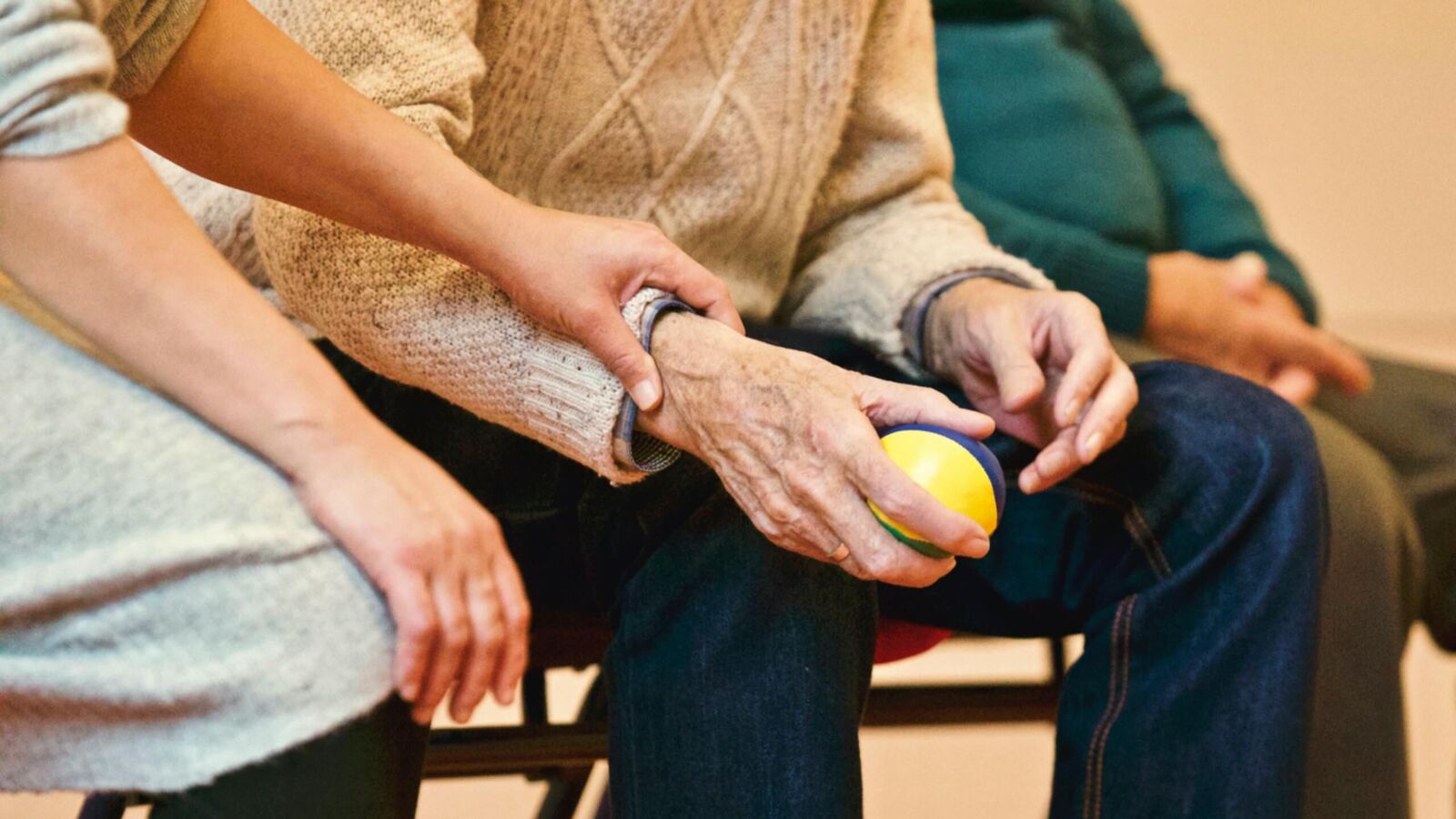[ad_1]
This follows several instances of Indian medicines failing quality checks abroad, putting a question mark on the reputation of the Indian pharmaceutical industry.
The quality of drugs and cosmetic products in India is regulated under the Dugs and Cosmetic Act, 1940.
Medicines that failed the Indian regulator’s test included Esomeprazole Gastroresistant tablets IP 40 mg used for gastrointestinal diseases, Amoxycillin & Potassium Clavulanate injections used to manage bacterial infections, Glipizide and Metformin tablets for treating diabetes, Etamsylat tablets 500 mg used in the treatment of bleeding, iron and folic acid syrups, and Albendazole tablets which are used to treat worm infections.
Drugs controller general of India Rajeev Raghuvanshi in February directed the State Licensing Authority to keep an eye on drugs in the market by routinely analyzing samples. The idea was to maintain a centralized monthly database of spurious and NSQ medicines.
The CDSCO drug alert for the month of June also stated that Amloheart-AT tablets used to treat cardiovascular diseases, Montor LC tablets which is used to treat respiratory infections, Alpracan 0.5 tablets are used to manage neurological disorders, were sub-standard. The samples were examined at the Central and State laboratories.
Different varieties of soaps having aloevera, vitamin E and jojoba oil and Ayurveda products were substandard falling under the category of cosmetic.
During the 100 days agenda meeting, the union health minister J.P. Nadda had directed officials to ensure the safety and quality of medicines in the country.
Queries sent to the health ministry spokesperson remained unanswered till press time.
[ad_2]
Source link





